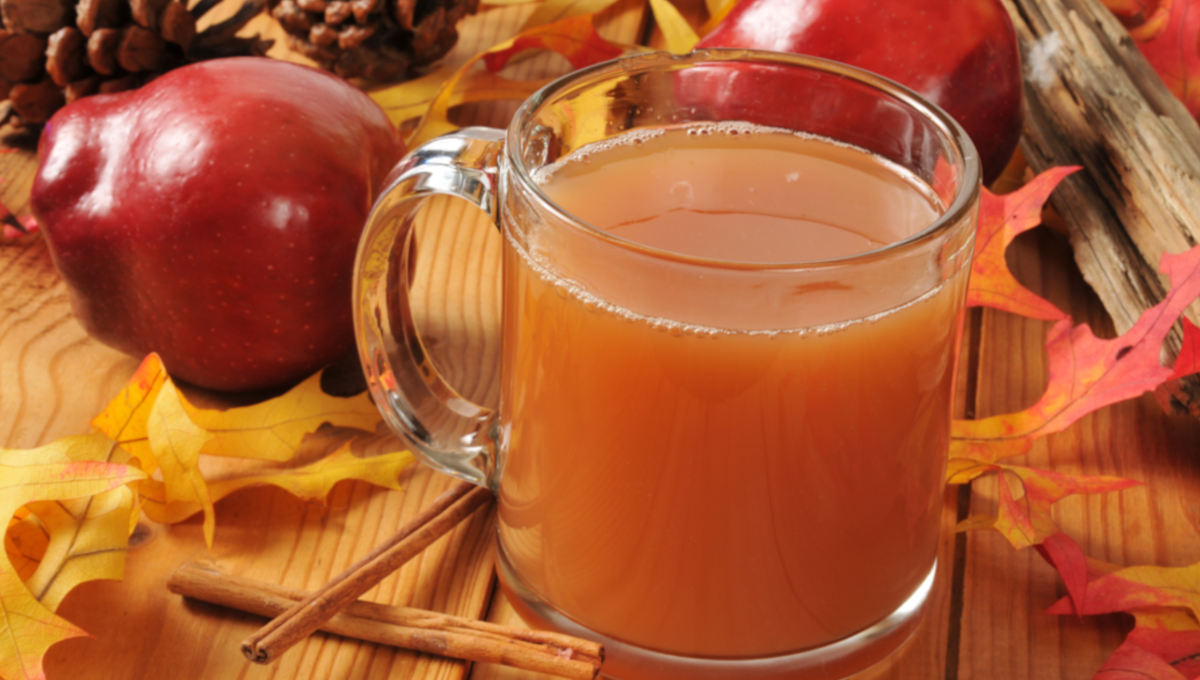Health departments across the country are cautioning consumers to check the label before indulging in a popular fall beverage: apple cider. While it may seem like a quintessential fall treat, not all apple cider is safe to drink, and one key detail can help you avoid food poisoning. Health experts are reminding consumers that unpasteurized apple cider can pose a risk of serious illness, particularly for children, older adults, pregnant women, and people with weakened immune systems.
The U.S. Food and Drug Administration has issued seasonal advisories about the potential dangers of unpasteurized juices, which may harbor harmful bacteria.
The risks of unpasteurized cider Unpasteurized apple cider has been linked to several foodborne illness outbreaks in recent years. In 2017, seven people in Northern California fell ill after consuming unpasteurized cider contaminated with E. coli.
Two years earlier, an orchard near Placerville, California, was tied to 13 confirmed cases of E. coli infections linked to unpasteurized apple juice. These outbreaks highlight the dangers associated with untreated juices, which can contain bacteria such as E.
coli, Salmonella and Cryptosporidium parasites. Pasteurization, a process that uses heat or ultraviolet light to kill harmful bacteria, is a key step in making apple cider safe for consumption. Without pasteurization, fresh apples used in cider production can carry bacteria from the orchard to the glass, especially if the fruit has been damaged .


















